Warships from the UK and NATO allies have escorted nine Russian Navy warships through waters close to the UK, say the Royal Navy.
Offshore Patrol Vessels HMS Mersey and HMS Tyne joined Type 23 frigate HMS Westminster in an operation that saw allied ships monitor the movements of three Steregushchiy-class corvettes, three Ropucha-class landing ships and the same number of missile-armed patrol boats.
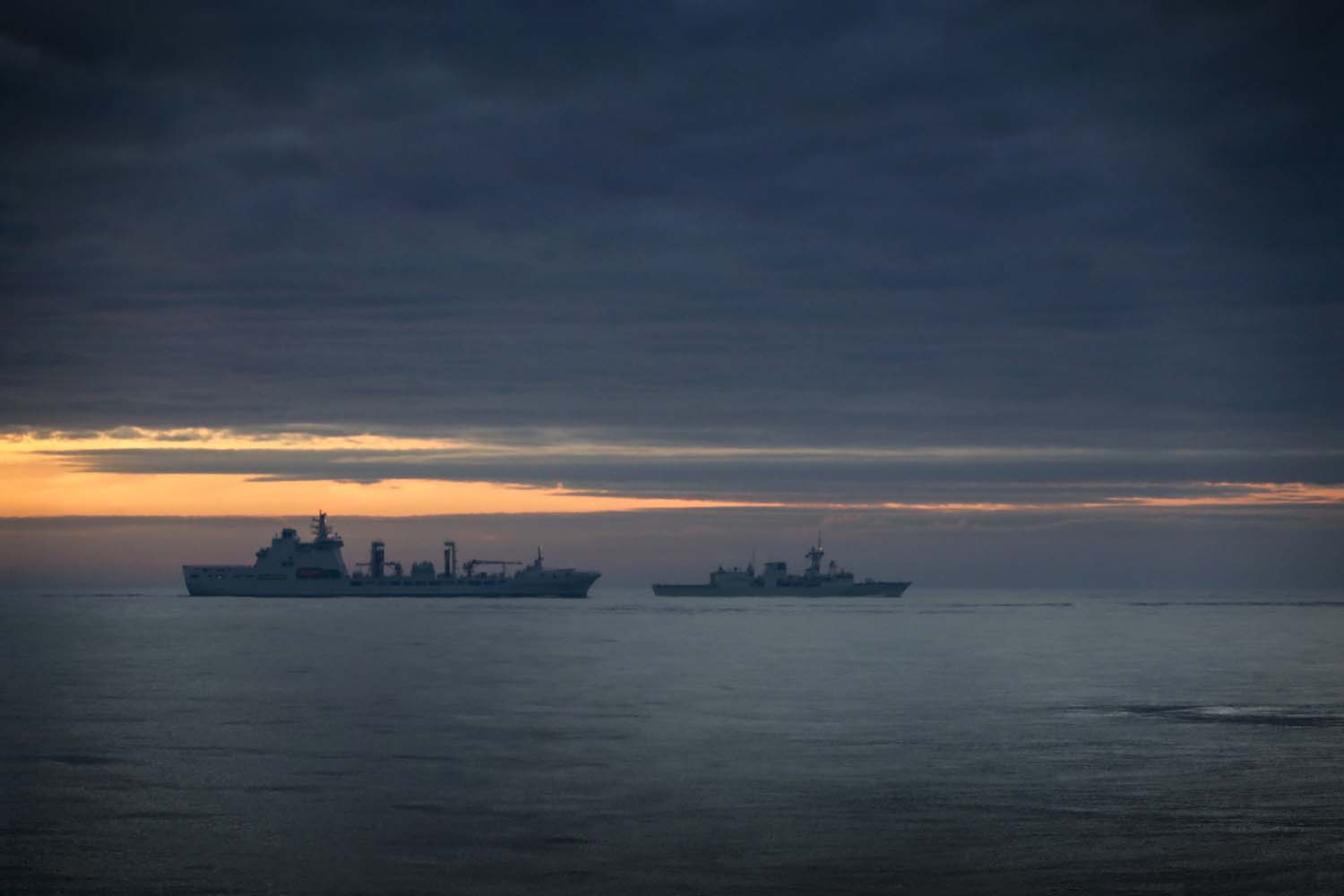
Royal Navy warships joined NATO allies from Portugal, Canada, Germany, Norway and Denmark in tracking the Russians through some of the busiest sea lanes in the world, according to a press release.
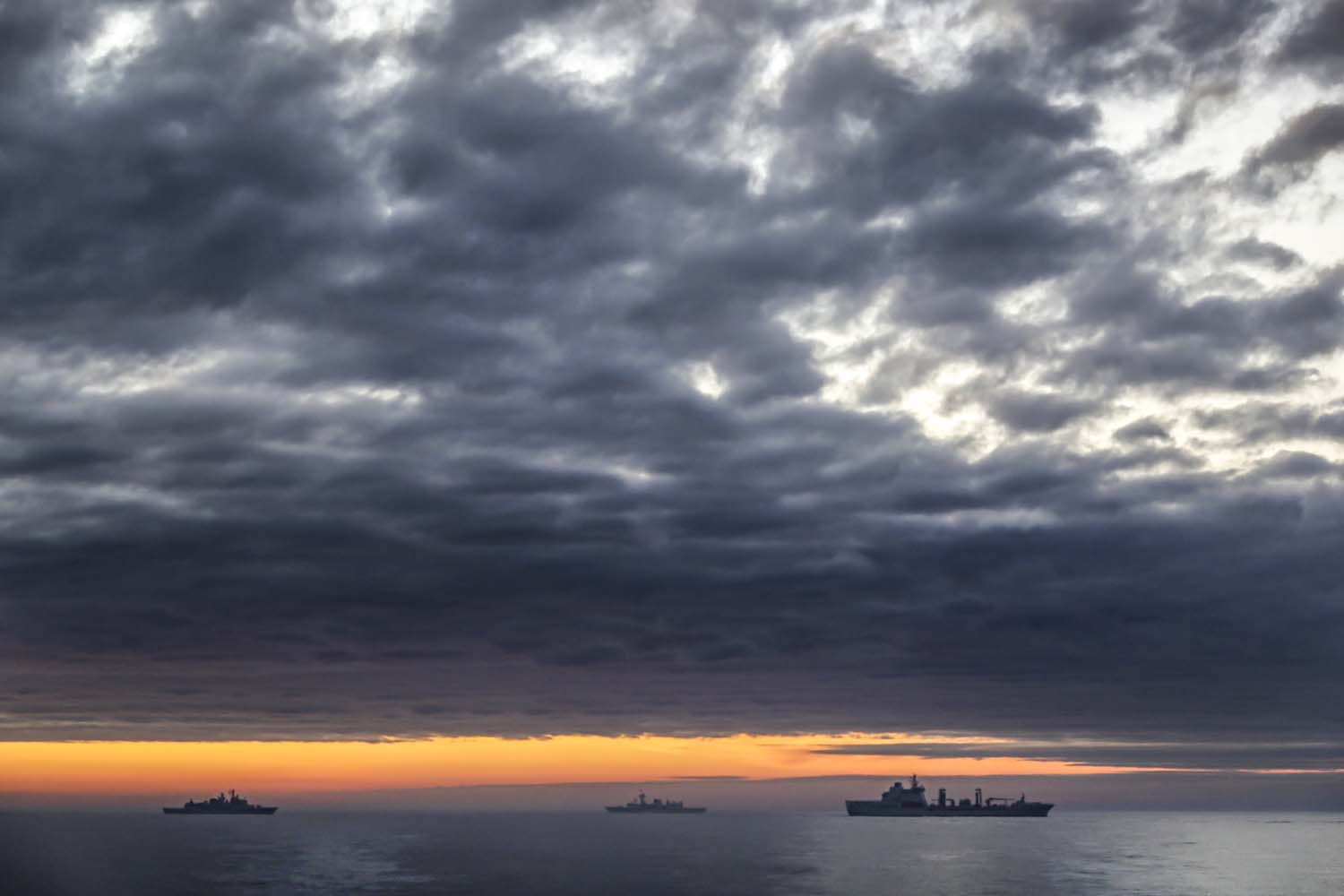
“The Royal Navy warships were assigned to the very high readiness Standing NATO Maritime Group 1 (SNMG1), which patrols the waters of northern Europe from the Baltic to the Atlantic. British ships worked closely with Portuguese frigate NRP Corte-Real – the task group’s flagship – and Halifax-class frigate HMCS Toronto of the Royal Canadian Navy, while there were numerous supporting vessels from German, Norwegian and Danish navies. Royal Fleet Auxiliary tanker RFA Tideforce kept the task group ticking, carrying out replenishment of supplies and fuel to keep the ships at sea and able to continue on their operations.”
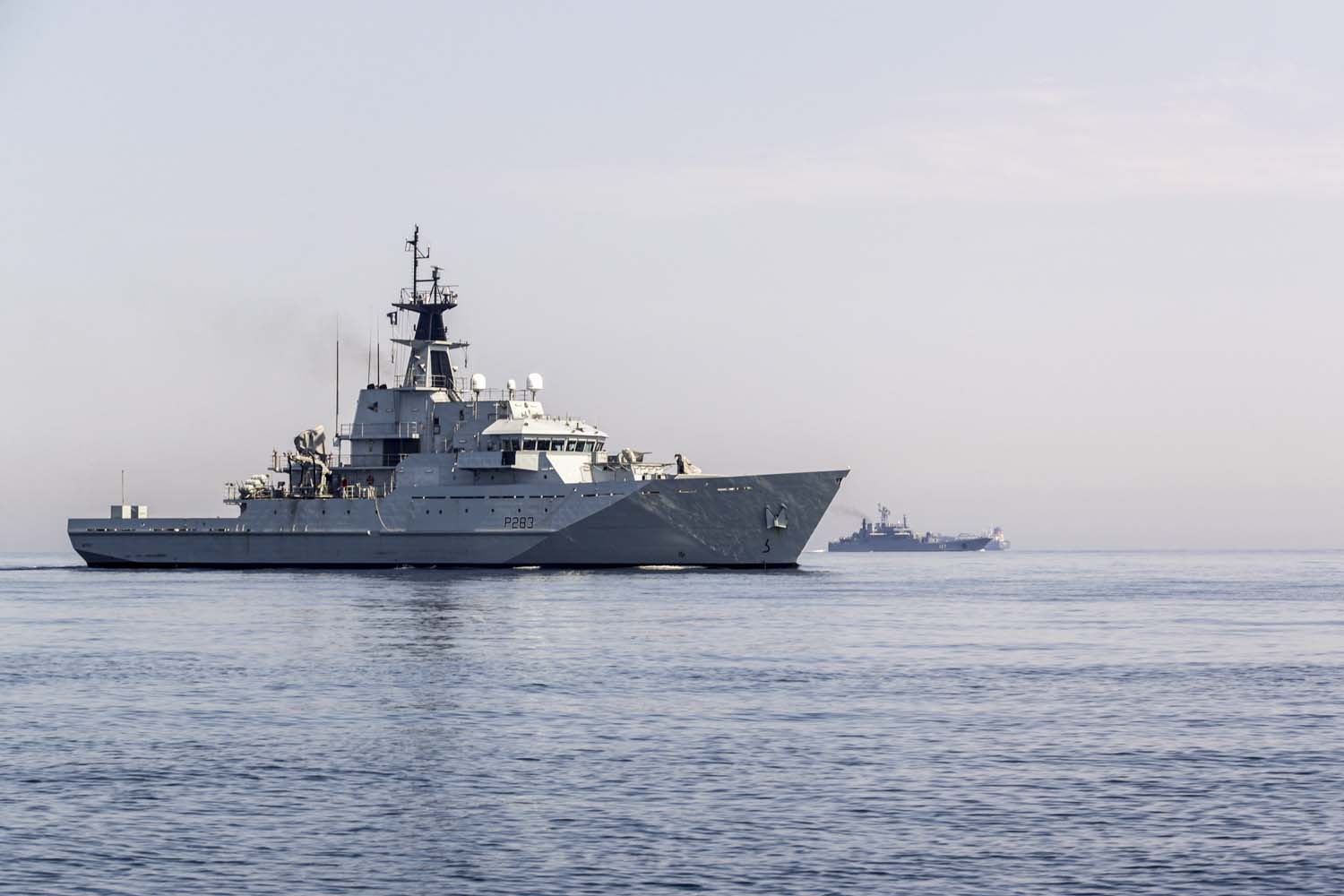
Commanding Officer of HMS Westminster, Commander Will Paston, was quoted as saying:
“The Royal Navy demonstrated its flexibility in being able to shadow the Russian Navy units. While the Russian Navy operated in a safe and professional manner, HMS Westminster combined with NATO-allied units across the North Sea and Baltic Sea to escort them throughout.”


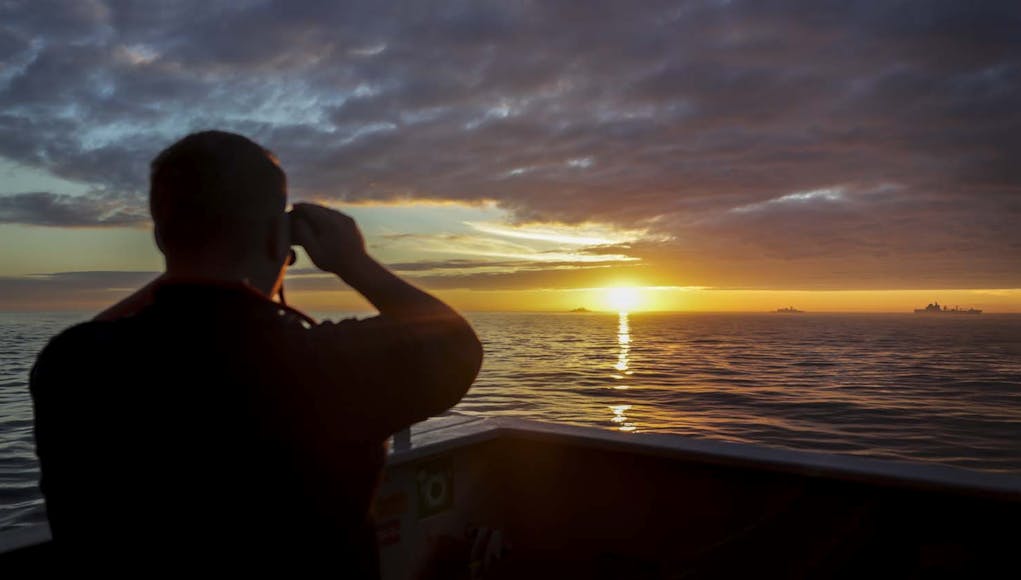
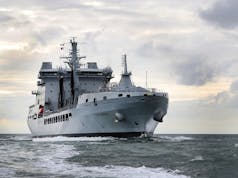
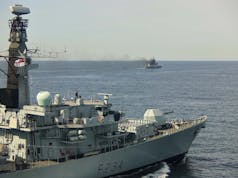
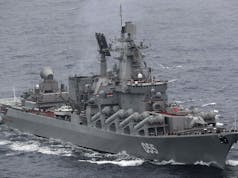
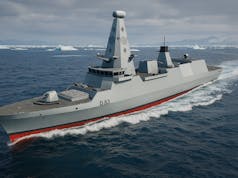

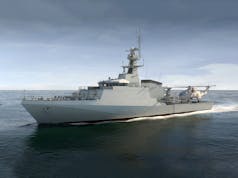

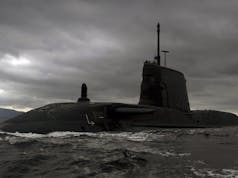
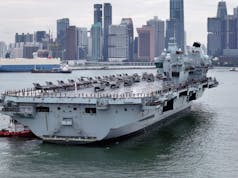
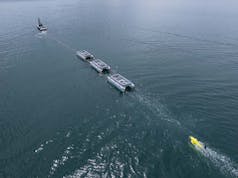

I think many would like captions to identify the vessels in each image. It is easy to identify HMS Mersey (P283) in the foreground of the final image but the others are not so easy to identify.
First image HMCS Toronto and Tideforce I think,
Second image same as before but with NRP Corte-Real left of arc.
Looks like a Ropucha class landing ship in the distance behind Mersey…..
If NATO had or needed a supply ship did the Russians have one?
CO of HMS Westminster. “RN showed it’s flexibility”
They sound more like politicians with every passing day. I’m glad the RN, one of the world’s great navies with centuries of experience of operations world wide, is flexible enough to put some OPV and a Frigate into home waters…..?
Hi Daniele,
I recon their ‘quotes’ are written for them. They just agree to the quote… I’ve had that exprience myself. The danger is that the ‘trained’ PR people know PR but little about the RN..!
Cheers CR
Flexible, because we can carry out these kind of operations at pretty short notice, while also carrying out all our other commitments around the world. You would be surprised how many countries would struggle to do this, even in home waters.
Fair enough, Robert. When you put it like that.
Same as every where, things go in fashions, unfortunately the fashion for Naval (all Military really) officers to speak in PR/business jargon has persisted. Its like the business boys speaking ‘sport’ or ‘military’, they might be impressing each other but for those stood back a little it just sounds a bit dickish.
Maybe contentious but I’d rather they were a bit more ‘Long John Silver’ in their interviews and statements, a few more “scurvy swabs” and “them’s as dies be the lucky ones…” would do for me. 😉
I wonder what the composition of the Russian fleet was.
Somehow missed it in the article above… Doh! Deltte function needed if possible George. Interesting composition, how does a Russian corvette compare to a T23?
Seems like equipment similiar to a Type 31 (12 VLS cells, a few guns and CIWS’s, plus cannister mounted ASuM), but coming in at 2,000t, and with a fraction of the range and endurance.
Rimsky-Korsakov?
No swearing on here please !
And how many tugs they had!
Bingo. Just needed the word ‘tug’ to win.
And?
Scrape up and add a couple of row boats flying the white Ensign and that would really Frighten the Russians
I can’t help feeling that air launched ASMs for our Typhoons needs to be considered. Then it wouldn’t really matter too much what we use to monitor movements around our coast as they would know a Typhoon could be there pretty quickly to ruin their day.
Ben Wallace talked about increasing the “lethality” of our existing assets, this would seem to be near the top of the list for me, along with NSM for the T31s and T23s.
The point of shadowing russian warships isn’t about having somthing with a real scary weapon to point at them, it’s simply escorting them safely through busy shipping lanes. We have been doing this for decades without incident.
That’s one, and probably the biggest, but not the sole reason. We wouldn’t bother intercepting them further north if that was the case. I’m not suggesting we need to send ships bristling with arms, in fact quite the opposite. If you have an Air Force capable of intervening then there is little point using one of our few escorts to monitor the Russians in these situations.
What, no tug…?
Dont think the OPV’s should fall under banner of ‘warships’. Naval vessels yes… . But not warships.
Agreed. Cannon fodder for any capable 3rd rate enemy warship. Many navies use OPVs, but it’s not cleaver that ours are the weakest armed than most. But that seems to be the fashion amongst our present naval planners, under armed, under equipped & very short on numbers.
New escorts for the job?
https://www.youtube.com/watch?v=H4FUBfp9kS0
That looks a LOT of fun, Can see a lot of roles for something like those.